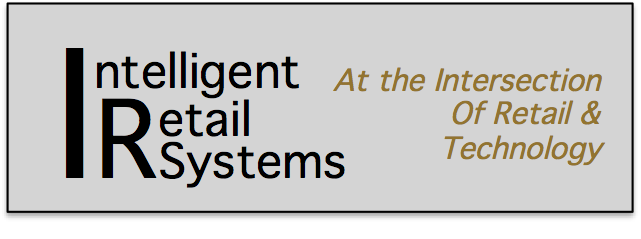Pharmacies within Supermarkets and increased integration of Liquor are two likely outcomes if the Australian Government adopts the recommendations in the draft report of the Competition Review panel released on Monday (http://competitionpolicyreview.gov.au/draft-report/).
Pharmacies
It is common in North America and the UK to find a full service pharmacy operating within a large Supermarket. Stores such as Walmart and Kroger in the US, Loblaw and Sobeys in Canada, and Tesco and Sainsburys in the UK commonly have pharmacies offering a full range of products, dispensation of prescription medicines and advice for the consumer. However, in Australia this has not been the case, due to restrictions on pharmacy ownership and location. With respect to ownership, Australian pharmacies must be owned by a licensed pharmacist, and a pharmacist may only own a small number of pharmacies. From a location perspective, pharmacies are strictly regulated as to where they can open, and the regulations specifically prohibit a pharmacy “within, or directly accessible from, a supermarket”.
The draft report recommends removing both these restrictions. The panel makes the reasonable point that ownership of other primary healthcare sectors such as GP practices are not restricted, with no adverse effects on patient healthcare. On those grounds the panel notes that the current restrictions are anti competitive and do not provide better outcomes for the consumer. Similarly, the panel does not find any advantage to the consumer in the location restrictions.
Prediction: Both Woolworths and Coles look to the US and UK markets for inspiration. Growing their business into new categories is a key strategy for both retailers, so if the draft report is adopted, one can expect these businesses to move to exploit the opportunity. Given the current Community Pharmacy Agreement expires in July 2015, change may happen rapidly.
Liquor
While Coles and Woolworths control a significant portion of Liquor retail in Australia, in most instances these are sold in separate premises from the Supermarket. This is due to regulations on the sale of alcohol that vary from state to state, with Queensland being the most restrictive (in Queensland, only premises with a hotel license may operate detached bottle-shops, hence the big Supermarkets foray into the Hotel industry in that state in particular).
The draft report states that “… restrictions preventing supermarkets from selling liquor impede competition. The Panel recommends that restrictions preventing supermarkets from selling liquor be prioritised as part of the renewed round of regulatory review”.
Prediction: Again, if these recommendations are adopted and as a result the current restrictions are removed or lessened, the big Supermarkets can be expected to move quickly to integrate Liquor more fully into their Store. Coles in particular has highlighted the transformation of their liquor business as a key strategy; this could provide them with options in that area.
Market Concentration
One area of the review that may have been of concern to the big Supermarkets was the focus on Market Concentration. It is frequently reported that Coles and Woolies control “80% of the grocery market”, and there have been many calls for the government to address this.
However, the analysis by the panel suggests that the two largest Australian supermarkets control just 55-60% of the market. This compares favorably to countries such as Austria (65-70%) and does not differ greatly from Canada (51%) or Switzerland (56%). Even the UK (42%) and the US (also 42%) have a reasonably large concentration of the market on the two largest Supermarkets, especially considering how much larger their markets are.
The panel’s view is that “Australia’s grocery market is concentrated, but not uniquely so. Competition appears to have intensified in recent years with Wesfarmers’ acquisition of Coles and the expansion of ALDI and Costco”. As a result, it is unlikely the panel will make any recommendations to limit or reduce the size of the two largest players.
Prediction: While complaints about the size of Woolworths and Coles will not diminish, and investigations on potential abuse of their power will continue to be made, it is unlikely that any serious obstacle will be placed in the path of their continued expansion.
Conclusion
The draft report of the Competition Review Panel suggests a number of ways that deregulation of the retail market will benefit consumers. One has to conclude that such deregulation would also significantly benefit Australia biggest Supermarkets.
